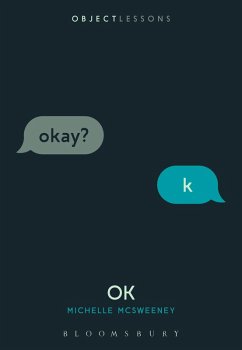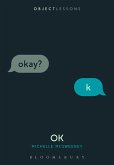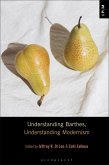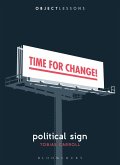Object Lessons is a series of short, beautifully designed books about the hidden lives of ordinary things.
"OK" as a word accepts proposals, describes the world as satisfactory (but not good), provides conversational momentum, or even agrees (or disagrees). OK as an object, however, tells a story of how technology writes itself into language, permanently altering communication.
OK is a young word, less than 200 years old. It began as an acronym for "all correct" when the steam-powered printing press pushed newspapers into the mainstream. Today it is spoken and written by nearly everyone in the world. Drawing on linguistics, history, and new media studies, Michelle McSweeney traces OK from its birth in the Penny Presses through telephone lines, grammar books, and television signals into the digital age.
Nearly ubiquitous and often overlooked, OK illustrates the never-ending dance between language, technology, and culture, and offers lessons for our own techno-historical moment.
Object Lessons is published in partnership with an essay series in The Atlantic.
"OK" as a word accepts proposals, describes the world as satisfactory (but not good), provides conversational momentum, or even agrees (or disagrees). OK as an object, however, tells a story of how technology writes itself into language, permanently altering communication.
OK is a young word, less than 200 years old. It began as an acronym for "all correct" when the steam-powered printing press pushed newspapers into the mainstream. Today it is spoken and written by nearly everyone in the world. Drawing on linguistics, history, and new media studies, Michelle McSweeney traces OK from its birth in the Penny Presses through telephone lines, grammar books, and television signals into the digital age.
Nearly ubiquitous and often overlooked, OK illustrates the never-ending dance between language, technology, and culture, and offers lessons for our own techno-historical moment.
Object Lessons is published in partnership with an essay series in The Atlantic.









